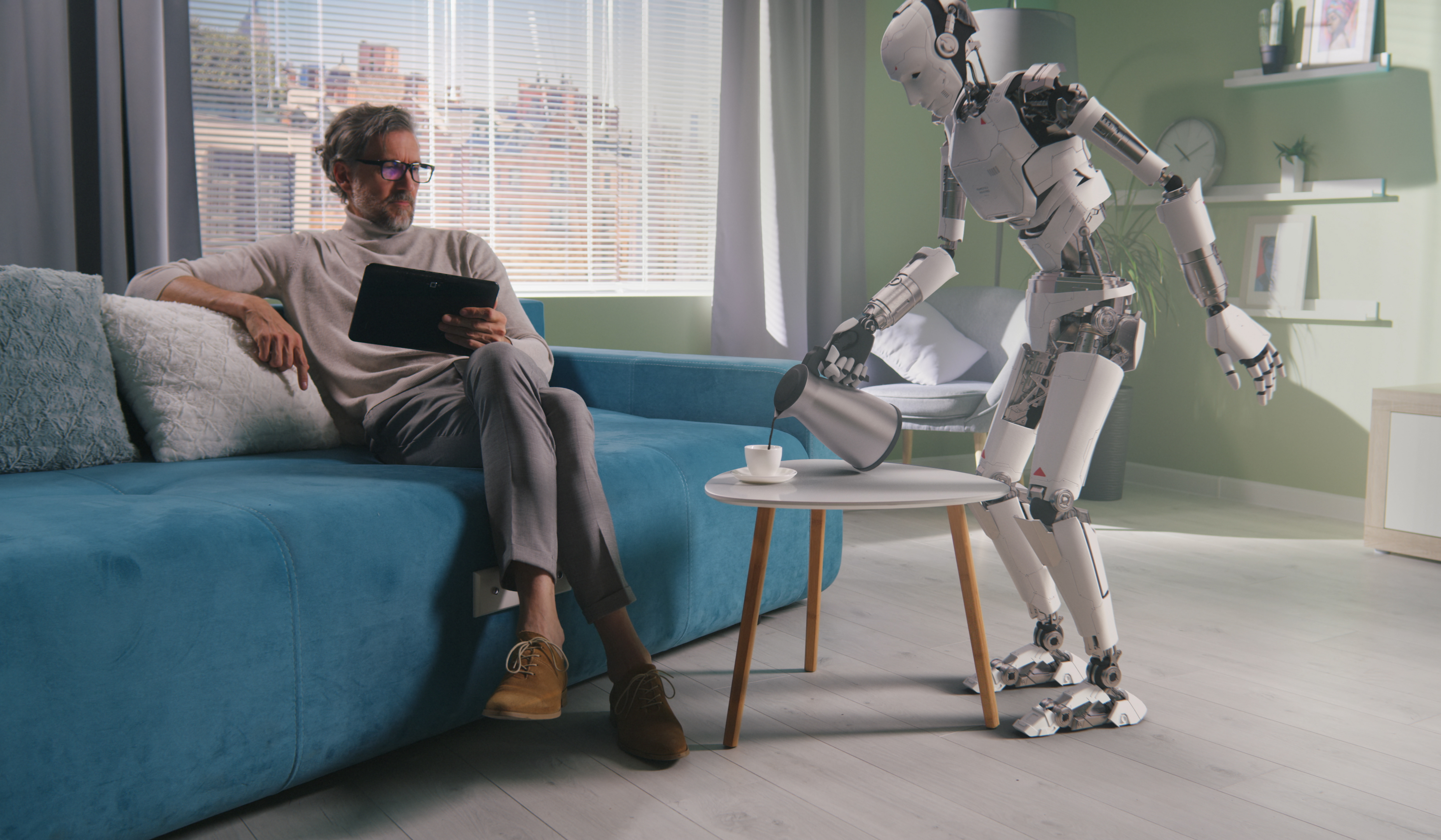
“That's what they say to me. ‘Marvin, can you pick up that piece of paper?’ Here I am, brain the size of a planet, and they ask me to pick up a piece of paper.”
Marvin the Paranoid Android, Hitchhiker’s Guide to the Galaxy.
The Humane AI Pin was dead on arrival and its post-launch months have seemingly only made matters worse. Very low orders and technical issues, such as the overheating charging unit, ensure that the device will quickly enters the museum of obscurity. The one hope for Humane now is to sell itself, but a very high price tag should deter most interested companies from pursuing that option. But while it is easy to ravage a failure-in-motion, the underlying concept of the AI Pin was absolutely spot on: an increased reliance on AI to provide a device that is far less focused on a screen. And once you reduce the need for a display, device form factor becomes increasingly malleable. And that, potentially, makes the mobile device industry more interesting again.
Indeed, the premise of an AI-focused operating system was the underlying premise of the Connected Intelligence Evolving ecosystem report when we first launched the report five years ago. It began with this question of “what if the smartphone is no longer the center of our universe?” That is not to say that the smartphone will disappear, but perhaps it becomes an equal partner with other consumer-owned devices. Replacing the phone at the center of a consumer’s technology world is a more distributed solution: the intelligent agent. That can be (and to a great extent already is) integrated into every technology device, creating a seamless solution that works in any location. The car, the home, on the go… wherever you are, you can ask the Intelligent Agent for support, actions and more, regardless of the device you have at hand.
In reality, these smart agents have been significantly underused by consumers. After the early excitement of testing out their use cases, many of us have relegated the smart(ish) agents to menial tasks, such as turning on lights or alarms. Heck we probably don’t even ask Siri/Alexa/Google for a morning joke anymore. But all of that should change with the inclusion of more artificial intelligence, which will allow these agents to become smarter and more useful.
Apple, as expected, joined the fray on Monday when it launched its variation of AI – Apple Intelligence. One aspect of this multi-faceted launch will be to completely revamp Siri into a far more “human” interface. Rather than simply understanding an array of basic commands, the new Siri should actually be able to work out what we are asking for and – most importantly – understand the context of the request. With this enhancement, Apple will join Google in providing a more useful smart agent that should help drive additional use and additional device sales.
If consumers become more reliant on the smart agent in question, then the inclusion of said agent becomes a key buying criteria, driving consumers further into a specific ecosystem. This will be particularly true when it comes to the smart speaker market: Apple customers will be far more tempted by the HomePod because of the Siri integration, supporting that seamless voice agent across all devices. And the choice of smart speaker, in turn, influences the purchase of home automation devices (smart speaker customers are 21% more likely to buy smart home products according to the Evolving Ecosystem Report, 2024). That makes the Siri enhancement all the more important as Apple is a clear third when it comes to smart speakers, behind Amazon Alexa- and Google-infused speakers.
But let’s end this with a caveat. Earlier I said that adding more AI should change how we use these smart agents. But for that change to happen, we need AI that we can rely on to provide accurate answers or actions. And right now, companies seem to be rushing their AI out before they have 100% accuracy. It doesn’t take long for consumers to lose faith in new technology, and once that faith – and trust – is lost, it takes a long time to recover. If that is the case, we’ll be asking for simple actions only, regardless of if the agent has a brain the size of a planet or not.